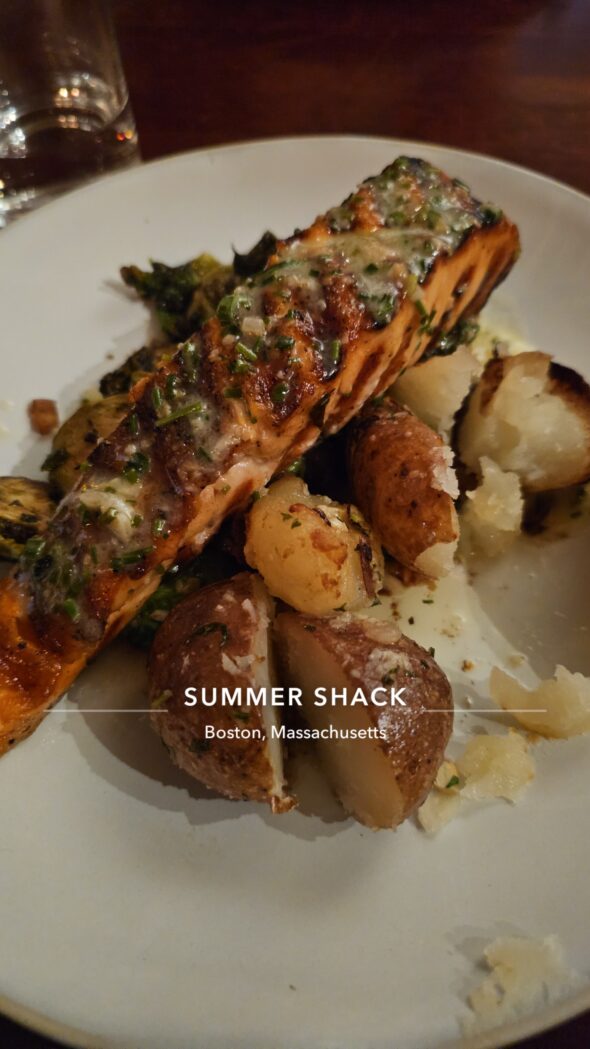I've officially survived my first two days at the 2024 National Council of Teachers of English Annual Convention in Boston, and what a whirlwind it's been! From the moment I stepped into the bustling convention center, I was hit with a wave of both excitement and that familiar pang of imposter syndrome. (Anyone else relate?)
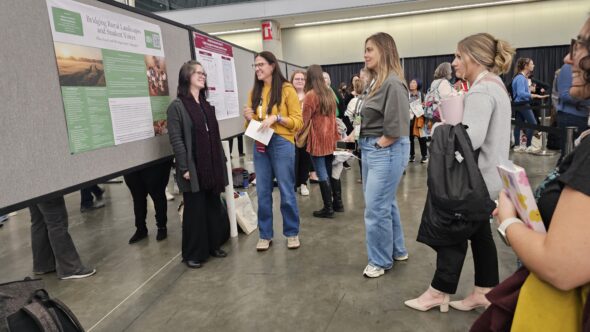
While my poster session wasn't until Day 2, I'm so excited to share about it first! I had the incredible opportunity to co-present "Bridging Rural Landscapes and Student Voices" with Brianne Johnson, a fellow PhD candidate at the University of Oklahoma. It was amazing to connect with so many educators who were genuinely interested in our work on place-based and writing center pedagogies. The conversations were truly inspiring, and I'm already looking forward to exploring some of the new ideas we discussed. Stay tuned for more details on our session and the incredible connections we made!
Day 1: Imposter Syndrome and AI Take Center Stage
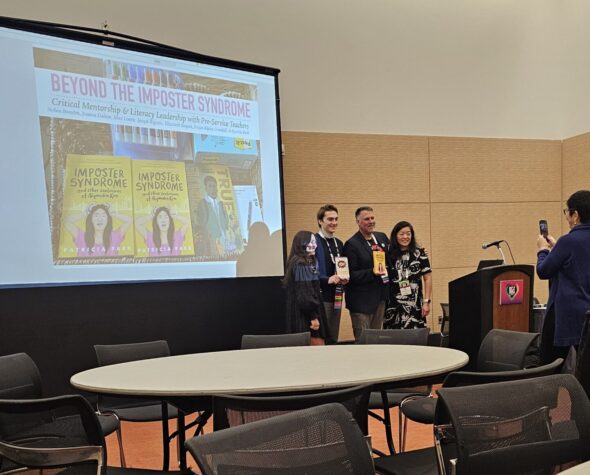
My first day was a jam-packed schedule of sessions that left my head spinning (in the best possible way). The morning kicked off with a powerful discussion on imposter syndrome, led by a panel of inspiring educators and authors. The panel included Dr. Brian Ripley Crandall of Fairfield University and the Connecticut Writing Project. Three Fairfield students presented, including Nohea Breeden, Max Limric, and Jacqueline Rigazio. Elizabeth Boquet, author of Noise from the Writing Center, and Patricia Park, author of Imposter Syndrome & Other Confessions of Alejandra Kim, shared their stories.
Hearing their stories and strategies for navigating those self-doubting voices was incredibly validating -- especially since I have an article being published soon on imposter syndrome and secondary school writing centers. I'll update you all when it's published.
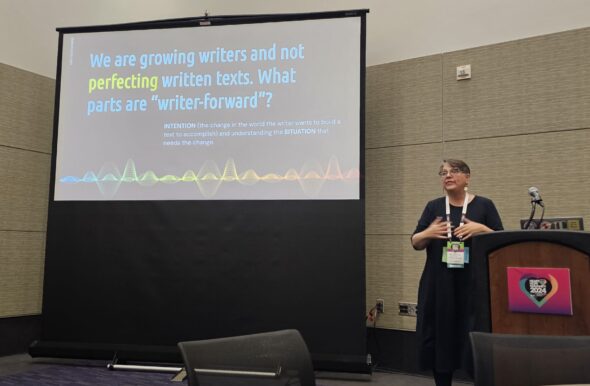
In the afternoon, I dove headfirst into the world of AI and its implications for writing instruction witih Kim McCollum-Clark and Jennifer Shettel of Millersville University of Pennsylvania, and Cindy Minnich of Upper Dauphin Area High School. The session, "Write Down the Line: Using the School 'Lifespan' to Support Writers in Effective Use of Generative AI," was a fascinating exploration of how AI tools like ChatGPT, Gemini, Claude, and others are changing the landscape of education. As someone who's still wrapping my head around all things AI, I found this session both enlightening and a tad overwhelming. There are so many ideas I want to explore and so many questions I have for classroom teachers!
Day 2: Writing Centers and Community Building
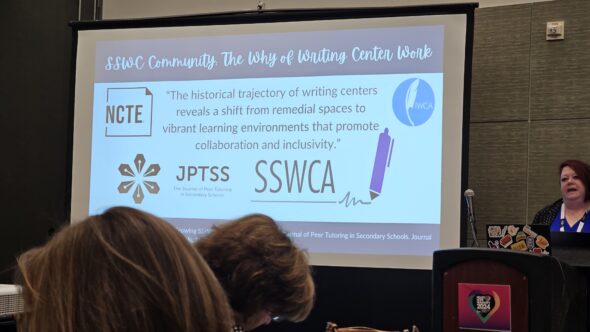
Day 2 brought a shift in focus, with a fantastic session on secondary school writing centers led by Heather Barton of Etowah High School in Georgia, Stacey Hahn of Shenendehowa High School in New York, and Laura Peterson of Cherokee High School in Georgia. It was so encouraging to connect with fellow educators who are passionate about creating supportive spaces for student writers and encouraging to see how many people working within established centers and those starting new ones. We shared challenges, successes, and strategies (including ideas for funding writing centers) leaving me feeling inspired to continue advocating for secondary school writing centers in my area. (We currently have very few in Oklahoma.)
Key Takeaways and Reflections
As I sit here reflecting on my first two days at NCTE, I'm struck by the incredible sense of community and shared purpose that permeates this event. It's been so energizing to connect with educators from all corners of the country who are just as passionate as I am (and often way more experienced) about empowering student writers.
That said, the sheer volume of information and ideas can be a bit overwhelming at times. I have to make sure I don't overload on sessions, and take time each day to process my ideas. And that pesky imposter syndrome? It's still lurking in the shadows. But I'm learning to embrace it as a sign that I'm pushing myself outside of my comfort zone and growing as an educator. In the meantime, I have dinner with Oklahoma friends at Summer Shack, an amazing seafood restaurant in the Back Bay neighborhood of Boston.

